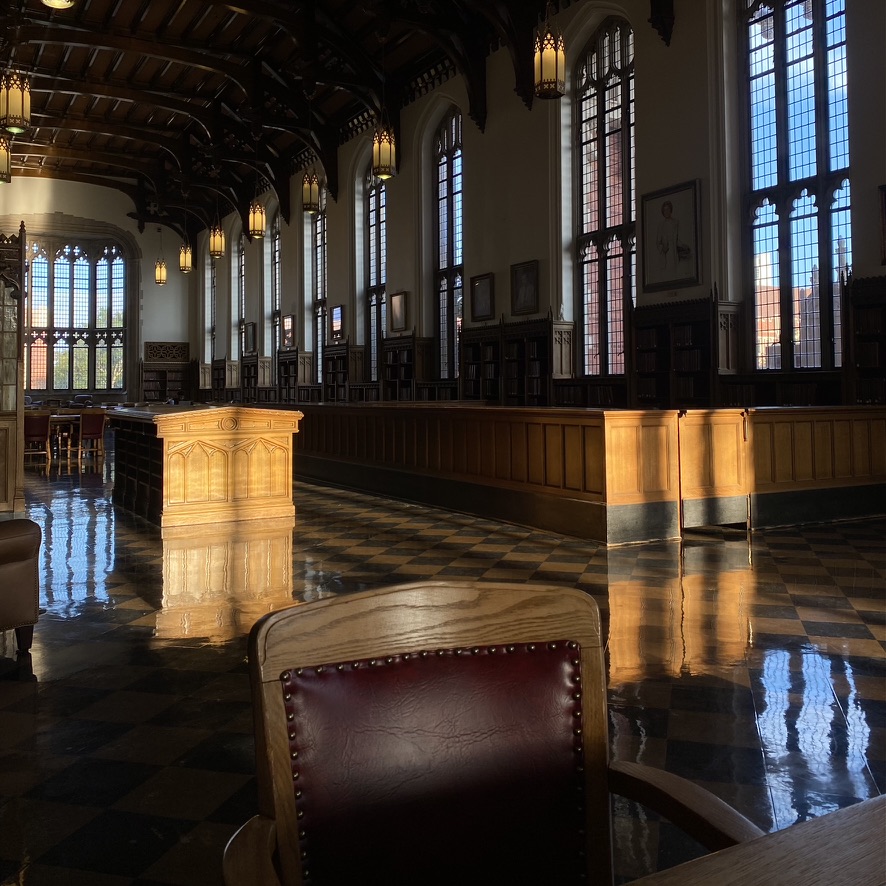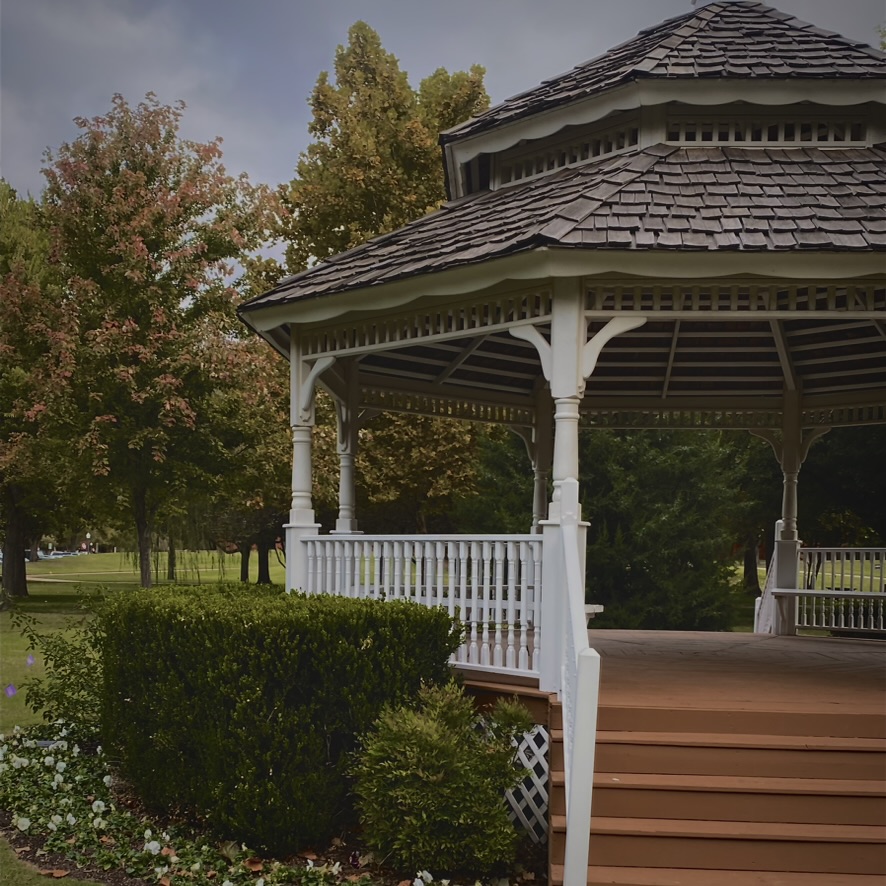Why College Advice Requires Effort From Students And Mentors
“When I was in college…” These few words from a mentor can cement a student’s stability or shatter the ground they stand on.
Today, students at the University of Oklahoma are just one example of a generation experiencing the constantly evolving college landscape, simultaneously redefining student expectations while seeking guidance. As college education transforms, mentors’ ability to relate to students depends not only on the student’s willingness to ask questions, but also the mentors.
The differences between mentors’ “college experience” and current students reflect the generational gap. Over the past decade, several external factors have made this gap more prominent than ever. These influential factors include the rise of virtual learning, increased use of digital resources, a transformed job market, growing financial pressure, and a greater emphasis on mental health.

Photo by Savannah Schultz.
According to Stacker, students seeking counceling increased by 30% regardless of a 5% growth in college enrollment. Some advisers recognize the effects of these factors.
“The type of student is different, and the students’ needs have changed, even from when I started advising almost six years ago to the students I’m advising now. I feel like there’s less self-starting, and students need more,” Kailee Kreger, an academic adviser at OU, said.
Nonetheless, the perpetual development of the college landscape and student outlook is not necessarily a setback but an adjustment. Ryan Welton, the director of digital content at Griffin News and 1992 OU graduate, works with his team to enhance audience engagement. Mainly targeting a younger generation on social media, they devise strategies that depend on understanding their audience’s generational gap to bridge the differences. Welton elaborated on one example of a difference regarding the college experience.
“The college experience students have now is completely superior in every single way, the facilities, the resources, the people, expertise, the relationships, it just is. You know, I think, well, I was born 25 years too early. I would love to be a student right now,” Welton said.

Photo by Savannah Schultz.
However, more psychological factors require consideration for students beyond their campus upgrades.
“People my age don’t know a lot about what people who are between 18 and 24 are going through,” Welton said, “but there are a lot of ways that we can guide them.”
From the student’s perspective, finding a mentor resides in relatability and overrides the expected significance of numerical experience.
“Finding somebody who you can connect with, whether they’re a lot older or about the same age, you have to find somebody you’re comfortable with,” Welton said.
Comfortable mentorship is not limited to advisers. Matt Marks, assistant director at OU Food Pantry and 2018 OU Graduate, is a prime example of relatability guiding his coworkers.
“There’s a lot of times I, even myself, still feel like I’m in college,” Marks said, “and so it’s always fun to have those conversations with our team members because I know what they’re going through.”
Every interaction matters between student and adviser, especially the first. Taking the first step to ask for advice is where students struggle.

Photo by Savannah Schultz.
“There’s a stigma in asking for help. And oftentimes, you know, whether it be a stepdaughter or whether it be employees, they don’t want to put anybody out by asking them. And I would say, give the older generation, whether they’re in their 30s, 40s, 50s, give them a little bit of credit and or give them the benefit of the doubt and take a chance,” Welton said.
Individual students are responsible for how much they reach out. Yet, advisers cannot passively wait. Updating their methods will address current challenges and bridge the generational gap.
“They [students] need people to push them more. Whether that’s from their advisers or from other support staff on campus,” Kreger said, “I feel like they’re less assured of themselves as students used to be. That’s not a bad thing. It’s just a learning curve.”
When students share their experience with modern programs and the disconnection between traditional expectations and the current reality, advisers should seek advice too. Understanding is a core principle of relating. Students and advisers cannot blame one another but must both take a chance to bridge their generational gap.

Photo by Savannah Schultz
Author: Savannah Schultz
For more information contact at:
Email: lookaliveblog@gmail.com
Insta: Look Alive Blog
Facebook: Look Alive Blog







Comments by Savannah Schultz